Pure Creatine Monohydrate Powder Benefits
Creatine monohydrate has long been a staple in the world of sports nutrition and bodybuilding. As one of the most extensively researched supplements, pure creatine monohydrate powder has gained popularity for its potential to enhance athletic performance and support overall health. In this comprehensive guide, we'll explore the numerous benefits of this powerful supplement and how it can positively impact your fitness journey.

How does pure creatine monohydrate improve workout performance?
Pure creatine monohydrate powder is renowned for its ability to enhance workout performance across various types of exercise. This supplement works by increasing the body's stores of phosphocreatine, a molecule crucial for producing ATP (adenosine triphosphate), the primary energy currency of cells. By boosting phosphocreatine levels, creatine supplementation can lead to improved performance in high-intensity, short-duration activities.
One of the most significant benefits of pure creatine monohydrate is its capacity to increase muscle strength and power output. Research has consistently shown that creatine supplementation can lead to improvements in maximal strength, ranging from 5% to 15%, particularly in exercises involving repeated bouts of high-intensity effort. This makes it especially beneficial for activities such as weightlifting, sprinting, and high-intensity interval training (HIIT).
Moreover, creatine can enhance muscle endurance, allowing athletes to perform more repetitions before fatigue sets in. This increased work capacity can lead to greater muscle growth over time, as it enables individuals to train with higher volume and intensity. Studies have demonstrated that creatine supplementation, when combined with resistance training, can result in significantly greater increases in lean body mass compared to training alone.
Another key benefit of pure creatine monohydrate powder is its ability to accelerate recovery between sets and training sessions. By replenishing ATP stores more quickly, creatine can reduce muscle fatigue and soreness, allowing for more frequent and intense training sessions. This improved recovery can be particularly beneficial for athletes engaged in sports that require repeated bouts of high-intensity effort, such as wrestling or mixed martial arts.
It's worth noting that the effects of creatine on performance can vary between individuals, with some people responding more dramatically than others. Factors such as initial muscle creatine content, muscle fiber type composition, and overall diet can influence the degree of response to creatine supplementation.

Can pure creatine monohydrate powder support brain health?
While creatine is primarily associated with muscle performance, emerging research suggests that pure creatine monohydrate powder may also have significant benefits for brain health and cognitive function. The brain, like muscles, requires a substantial amount of energy to function optimally, and creatine plays a crucial role in energy metabolism within brain cells.
Studies have shown that creatine supplementation can increase brain creatine levels, which may lead to improved cognitive performance. This is particularly relevant in situations that demand high levels of mental effort or during periods of sleep deprivation. For instance, research has demonstrated that creatine supplementation can enhance working memory and intelligence test scores, especially in vegetarians who typically have lower dietary creatine intake.
Furthermore, creatine's neuroprotective properties have garnered attention in the context of various neurological disorders. Some studies suggest that creatine supplementation may have potential benefits for individuals with neurodegenerative diseases such as Parkinson's disease, Huntington's disease, and amyotrophic lateral sclerosis (ALS). While more research is needed to fully understand the extent of these effects, the initial findings are promising.
Creatine's role in brain health extends to mood regulation as well. Some research indicates that creatine supplementation may have antidepressant effects, potentially by influencing brain energy metabolism and neurotransmitter systems. This could be particularly beneficial for individuals with depression who do not respond well to traditional antidepressant medications.
It's important to note that while these findings are encouraging, much of the research on creatine's effects on brain health is still in its early stages. More long-term studies are needed to fully understand the potential cognitive benefits and any possible risks associated with long-term creatine supplementation for brain health.

What are the long-term benefits of using pure creatine monohydrate powder?
The long-term benefits of using pure creatine monohydrate powder extend beyond immediate performance enhancements, offering potential advantages for overall health and well-being. While short-term effects are well-documented, understanding the long-term implications of creatine supplementation is crucial for those considering its use as part of their ongoing health and fitness regimen.
One of the most significant long-term benefits of creatine supplementation is its potential to slow down age-related muscle loss, a condition known as sarcopenia. As we age, maintaining muscle mass becomes increasingly challenging, but regular creatine use, combined with resistance training, can help preserve lean muscle tissue and strength. This is particularly important for older adults, as maintaining muscle mass and strength is crucial for overall health, mobility, and quality of life.
Furthermore, long-term creatine use may have positive effects on bone health. Some studies suggest that creatine supplementation, especially when combined with resistance training, can increase bone mineral density. This could potentially reduce the risk of osteoporosis and fractures, particularly in older adults or those at higher risk for bone-related issues.
Creatine's potential neuroprotective effects, as mentioned earlier, may also translate into long-term benefits for brain health. While more research is needed, some studies suggest that long-term creatine supplementation could help maintain cognitive function as we age and potentially reduce the risk of neurodegenerative diseases.
In terms of metabolic health, long-term creatine use may have positive effects on glucose metabolism and insulin sensitivity. Some research indicates that creatine supplementation can improve glycemic control in individuals with type 2 diabetes, although more studies are needed to confirm these findings.
It's important to note that while creatine is generally considered safe for long-term use in healthy individuals, it's always advisable to consult with a healthcare professional before starting any new supplement regimen, especially for those with pre-existing health conditions or those taking medications.

Best Pure Creatine Monohydrate
Pure creatine monohydrate powder stands out as a versatile and well-researched supplement with a wide range of potential benefits. From enhancing athletic performance and supporting muscle growth to promoting brain health and potentially offering long-term health advantages, creatine has proven to be a valuable addition to many individuals' supplement regimens.
Are you in search of a top-tier pure creatine monohydrate powder? Look no further than Rebecca Bio-Tech, a professional manufacturer and supplier renowned for our meticulous attention to detail. We take pride in crafting our creatine from premium ingredients, ensuring it meets the highest standards of purity and quality. This dedication results in a product that's exceptionally effective for enhancing muscle performance and aiding recovery. Interested in experiencing the benefits for yourself? We offer free samples and MSDS documents upon request. Get in touch with us at information@sxrebecca.com to place your order or inquire further.
References:
1. Kreider, R.B., et al. (2017). International Society of Sports Nutrition position stand: safety and efficacy of creatine supplementation in exercise, sport, and medicine. Journal of the International Society of Sports Nutrition, 14, 18.
2. Rawson, E.S., & Volek, J.S. (2003). Effects of creatine supplementation and resistance training on muscle strength and weightlifting performance. Journal of Strength and Conditioning Research, 17(4), 822-831.
3. Rae, C., et al. (2003). Oral creatine monohydrate supplementation improves brain performance: a double-blind, placebo-controlled, cross-over trial. Proceedings of the Royal Society B: Biological Sciences, 270(1529), 2147-2150.
4. Bender, A., & Klopstock, T. (2016). Creatine for neuroprotection in neurodegenerative disease: end of story? Amino Acids, 48(8), 1929-1940.
5. Candow, D.G., et al. (2014). Effectiveness of creatine supplementation on aging muscle and bone: focus on falls prevention and inflammation. Journal of Clinical Medicine, 3(4), 1064-1078.

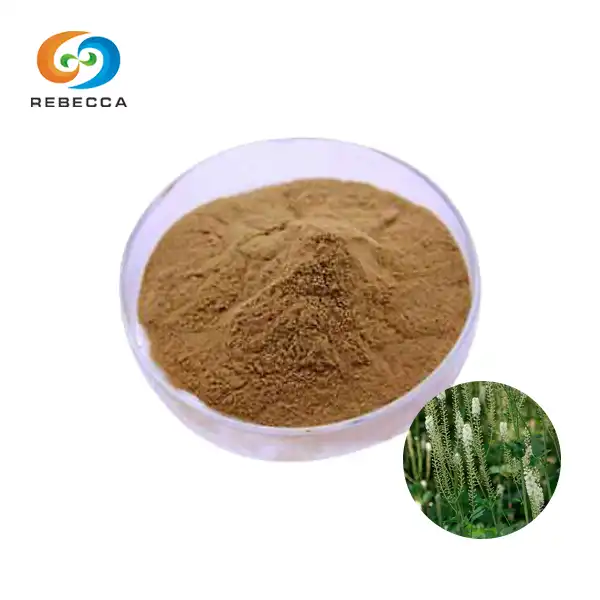
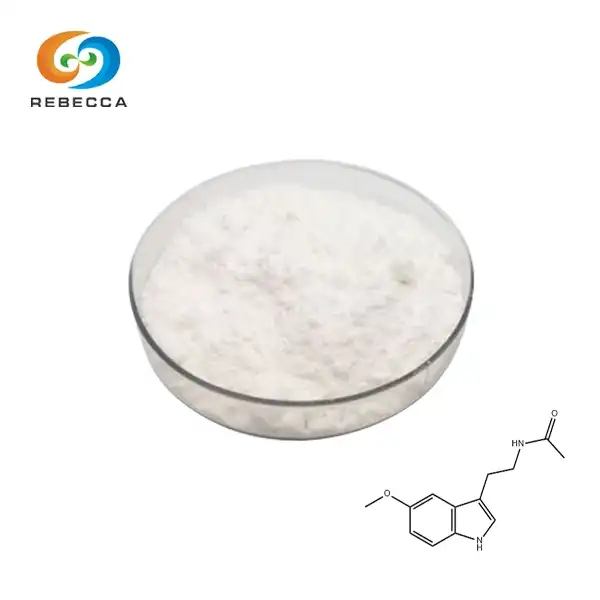
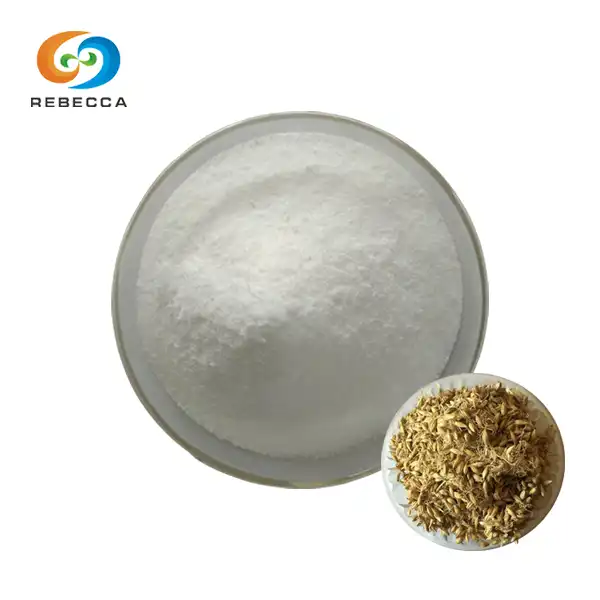
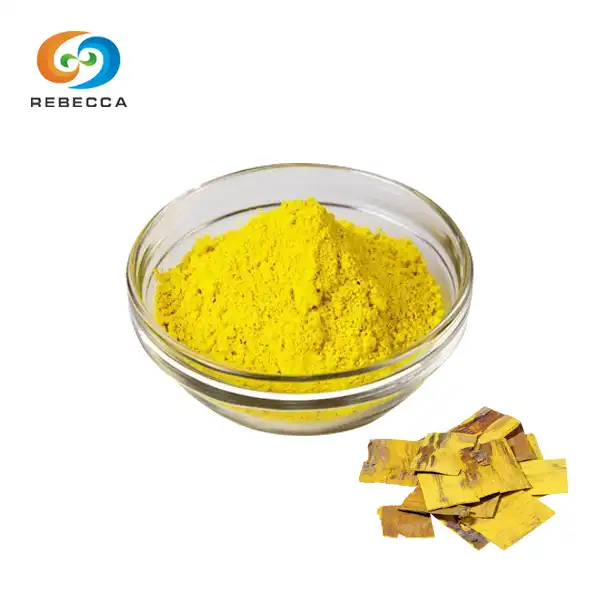
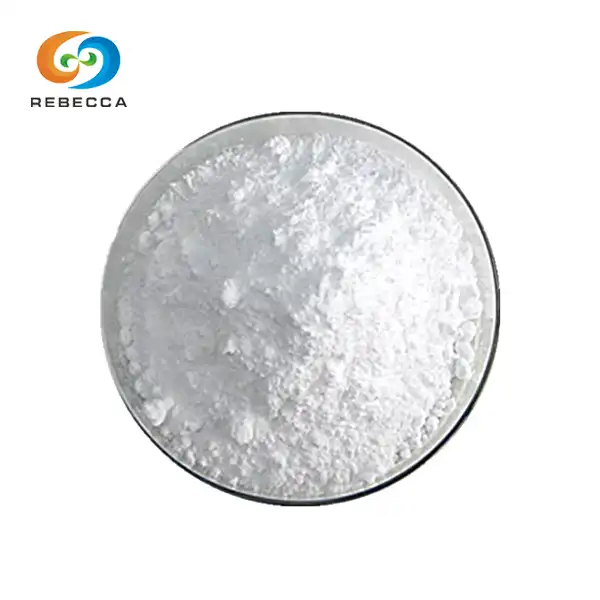
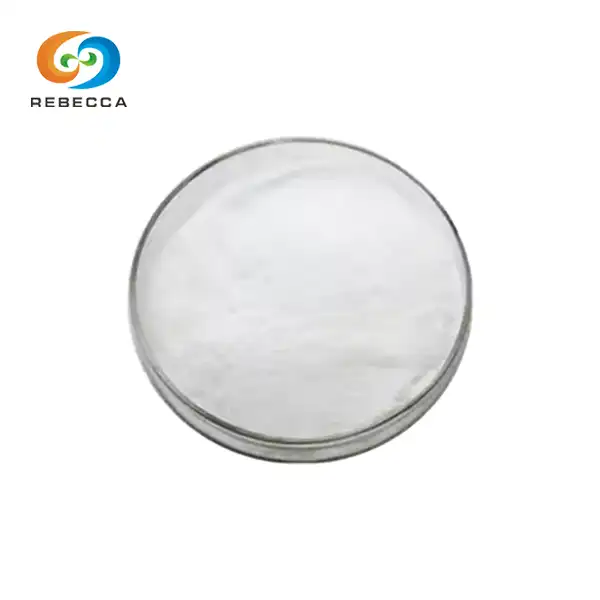
_1730079799361.webp)
